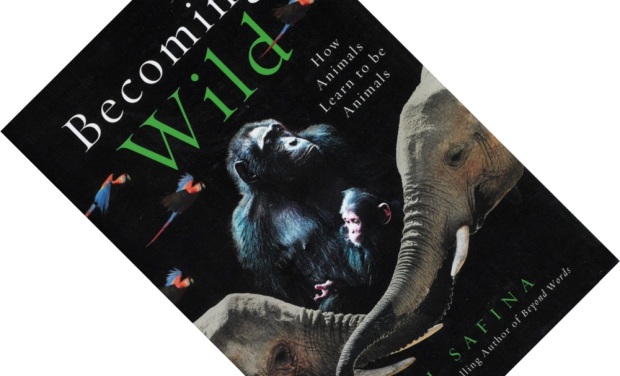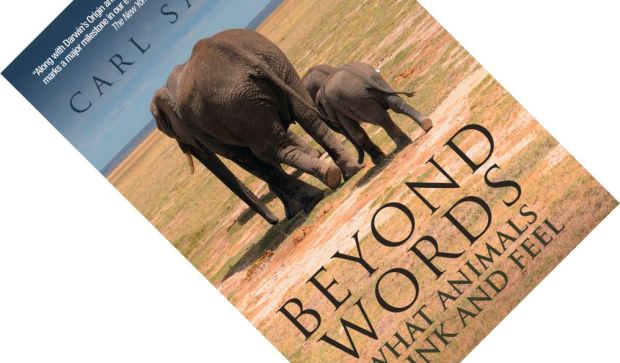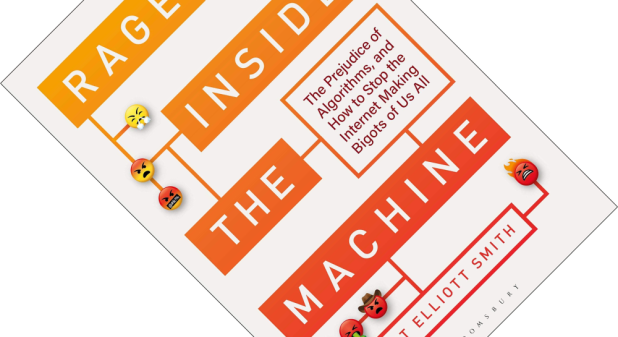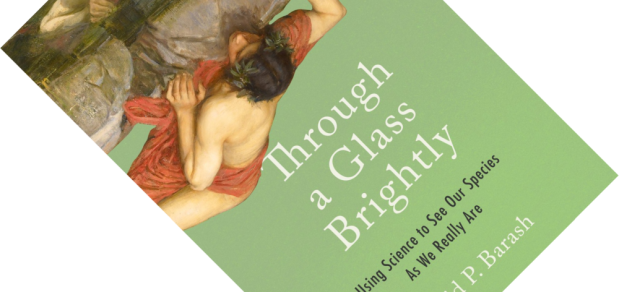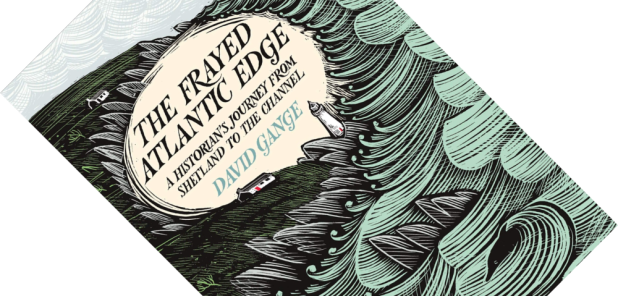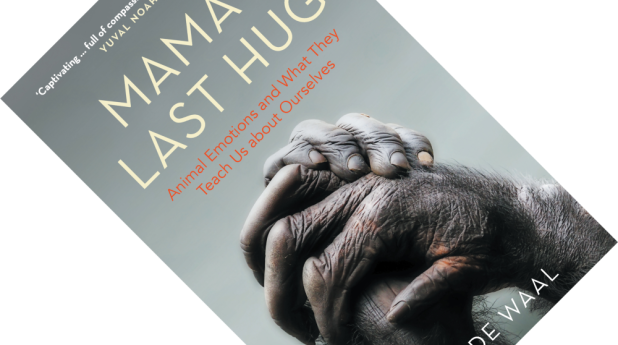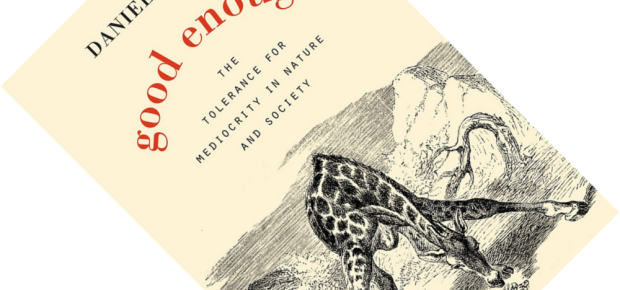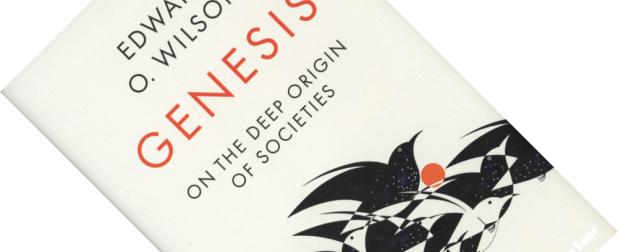7-minute read
In his previous book, Beyond Words, ecologist Carl Safina convinced his readers of the rich inner lives of animals. Just like we do, they have thoughts, feelings, and emotions. But the similarities do not stop there. Becoming Wild focuses on animal culture, the social knowledge that is transmitted between individuals and generations through sharing and learning. The more we look, the more animals seem less different from us—or we from them. On top of that, Safina puts forward several eye-opening and previously-overlooked implications of animal culture.

